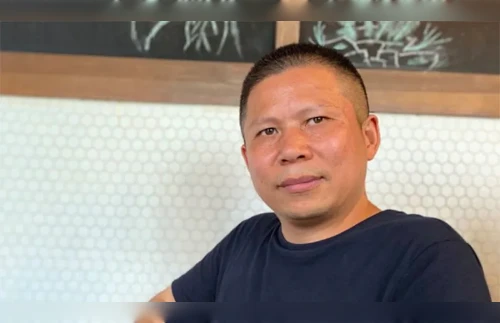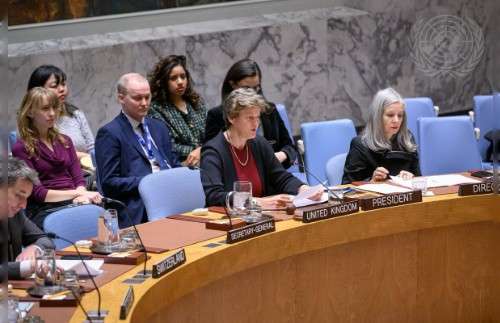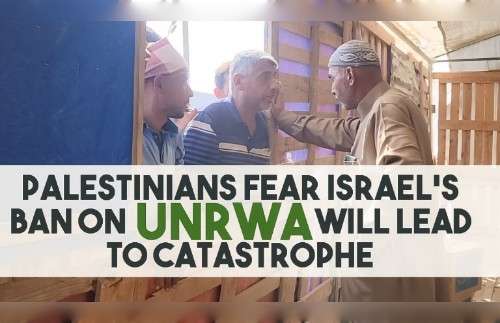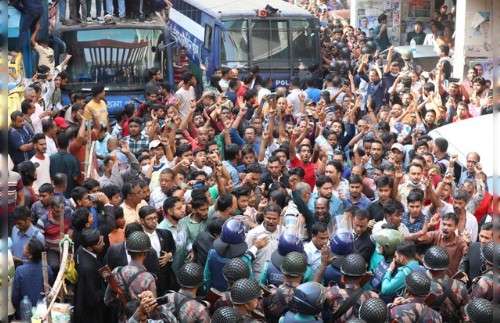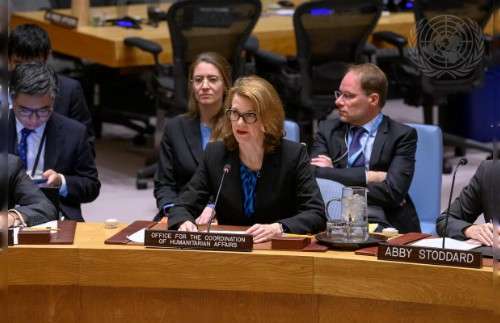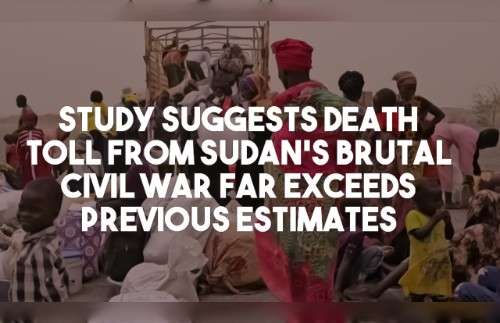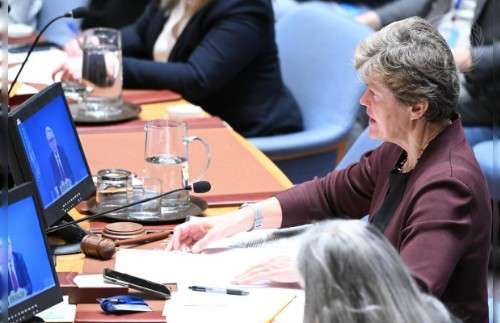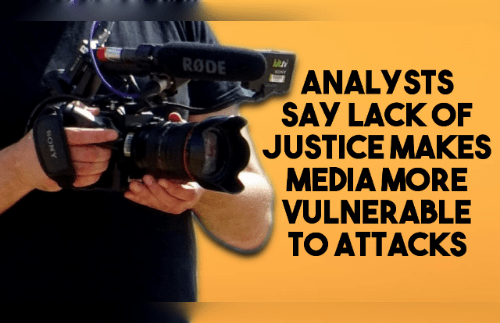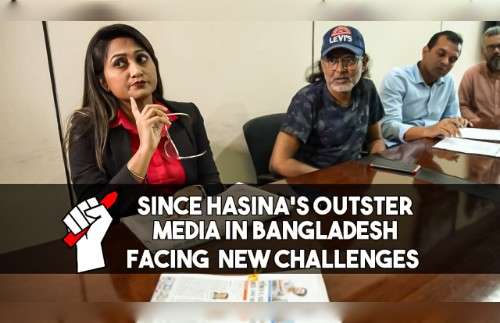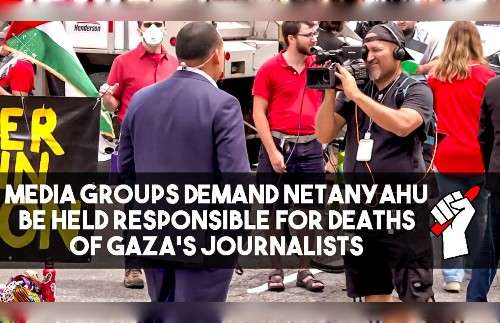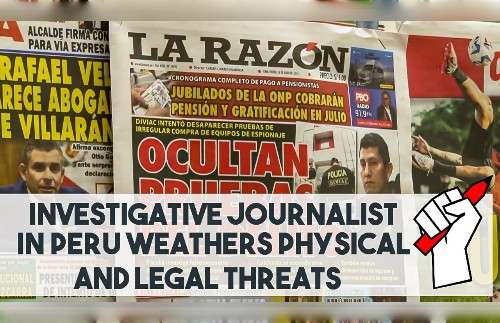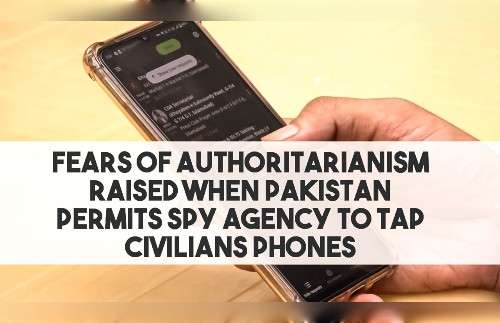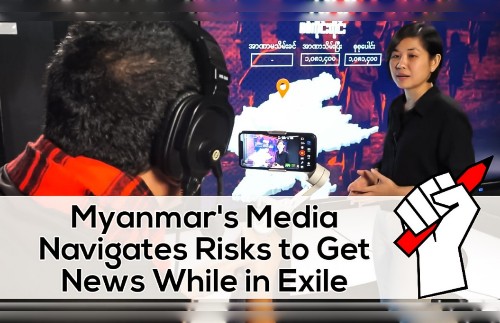
Attacks on the press have intensified since the end of the Bolivian election campaign and the exile of President Evo Morales. Journalists are violently attacked by protesters and law enforcement officials, many radio and TV stations have been forced to stop their activities and have their premises ransacked. RSF appeals to all of Bolivian society to uphold the work of the press.
Intimidations, harassment, threats, physical aggression, theft of equipment, sacked media, censored television and radio … As Bolivia sinks into chaos and the political crisis, attacks on the press have multiplied in recent weeks. RSF has documented at least 30 cases of press freedom violations since 20 October 2019, the date of the presidential election. In a context of extreme polarization, the systematic targets of supporters of a change of government -, like the opposition press, are stuck between two fires and find themselves in a situation of extreme vulnerability .
A Unitel TV station was ransacked in El Alto , a neighboring capital city of La Paz, on 9 November. On the same day, the journalists and collaborators of the public media Bolivia TV and Radio Red Patria Nueva had to abandon the building that houses their editorial staff, under the constraint of demonstrators who managed to interrupt the broadcast of the broadcast signal. The director of community radio, belonging to the Confederation of Bolivian
Peasants (Confederacion de Campesinos de Bolivia), José Aramayo, was brutally attacked , tied to a tree and publicly humiliated.
On the night of November 11, in La Paz, the capital of the country, the home of journalist Casimira Lema, presenter of Television Universitaria (TVU) , was set on fire by protesters. TVU had already announced the temporary suspension of its activities after being intimidated. Several media, such as the daily Pagina 7 , and the Red Uno channel have adopted similar measures to ensure the protection of their journalists and collaborators.
Cases of online harassment and attacks on journalists covering protests have also increased in recent weeks. In addition, dozens of daily newspapers, such as ” Opinión ” and ” Los Tiempo ” in Cochabamba, Página Siete in La Paz, El Deber , La Estrella del Oriente , El Día , and El Mundo in Santa Cruz have been forced to suspend their printed versions for security reasons, unable to guarantee the distribution of newspapers.
“Freedom of the press is in great danger in Bolivia. Targeted by demonstrators, journalists can no longer ensure their information work in acceptable security conditions , warns Emmanuel Colombié, RSF Latin America bureau director. In this context of exacerbated tension and violence, it is crucial that politicians, the army, the police, protesters, labor and indigenous leaders respect the work of the press and that the safety of journalists is guaranteed and assured. the entire territory . “
After three weeks of massive demonstrations following the controversial reelection of Evo Morales, the latter, under pressure from the Army, announced his resignation Sunday, November 10, before exiling himself in Mexico. The country is currently facing a power vacuum, while violence and mutinies continue in many areas. Bolivia ranks 113th out of 180 countries in RSF’s World Press Freedom Index .
Copyright ©2016, Reporters Without Borders. Used with the permission of Reporters Without Borders, CS 90247 75083 Paris Cedex 02 https://rsf.org
Jailed Chinese Dissident Xu Zhiyong Ends Prison Hunger Strike
Ukraine’s Population Decline Fueled by War and Uncertainty
UN Security Council Meets on Maintenance of Peace and Security of Ukraine
Palestinians Fear Israel’s Ban on UNRWA Will Lead to Catastrophe
Bangladesh Tense After Deadly Violence as Hindu Religious Leader Denied Bail
UN Security Council Meets on Protection of Civilians in Armed Conflict
Study Suggests Death toll from Sudan’s Brutal Civil War Far Exceeds Previous Estimates
UN Security Council Meets on Situation in Middle East, Including Palestinian Question Caption
For latest updates
From our Archive





